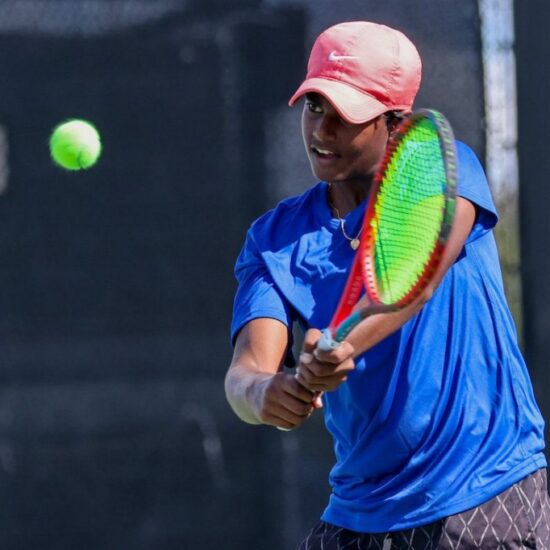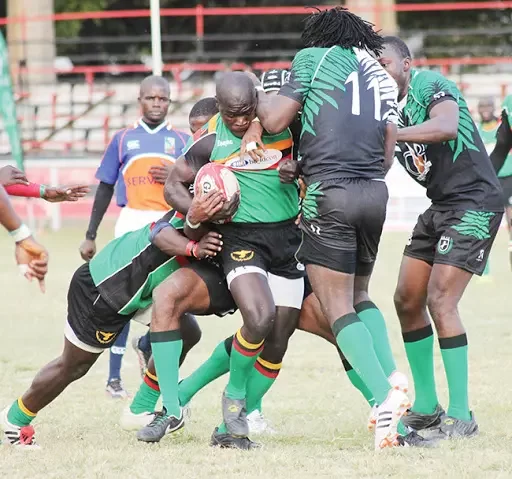
He met participants of the Ahead of the Game programme which aims to support clubs and volunteers when dealing with mental health issues with a focus on challenging the stigma and preventative measures. The prince, who has been a strong advocate for mental health, created the charity Heads Together in 2017 with the Duchess of Cambridge and Prince Harry.
He has spoken regularly and openly on the subject, including at last month’s Davos World Economic Forum in Switzerland. And he now wants football to take action on how to help players, including those who fail to make it to the top level. “Some of these clubs don’t do anything about mental health,” he said. “They pick a player up, he plays football, ‘no good’, move on.
“If we’ve got to change anything, we’ve got to change the whole way we look after players. “Many players come from difficult backgrounds and may have all sorts of issues going on. “So just to have them as a complete financial asset is pretty… it’s a dereliction of duty I think, having these players not given the key building blocks or support.
“We’re working on something with the FA at the moment, trying potentially to get a mental health FA Cup to have a really punchy campaign we can base something around.”The prince also raised questions about the resilience of the next generation growing up playing games where everyone is supposed to win.“Are we setting up some of our children at the moment for more mental health issues in the future, by the way we are creating a win-win situation and scenarios?” he said. “Because resilience has to be built within everybody.
“From a very very young age, nobody wants to be told they’re not good at something but of course that could prove a difficult situation to handle when life comes along with school and jobs and so on. How do they learn to pick themselves back up again?“When they lose a match, you’re gutted. But that’s part of what sport is all about. Every sportsman and women knows what it takes to be at the top of their game.”
The prince’s comments were praised by Michael Bennett, the head of welfare for the Professional Footballers’ Association (PFA) with more and more players using its welfare services. Several former and current high-profile players have spoken of their battles with mental issues including Tottenham and England full-back Danny Rose, former England winger Aaron Lennon and the now retired striker Stan Collymore.
“Clearly, not everyone is earning £100,000 a week,” said Bennett. “There are things you don’t see. Players could suffer an untimely death in the family or suffer a serious injury. “Money isn’t going to stop emotional feelings surfacing.”
Story curtesy of CNN Sports





